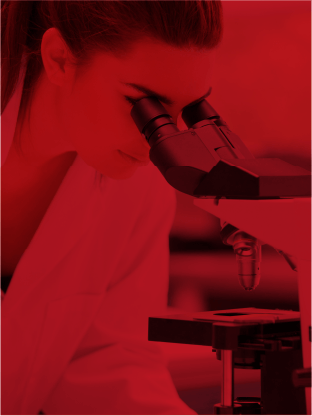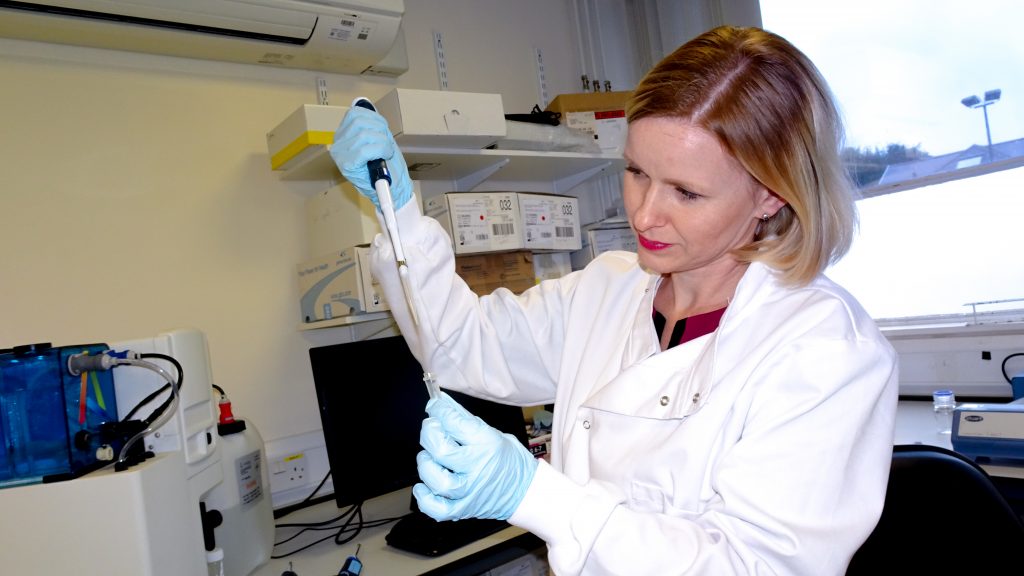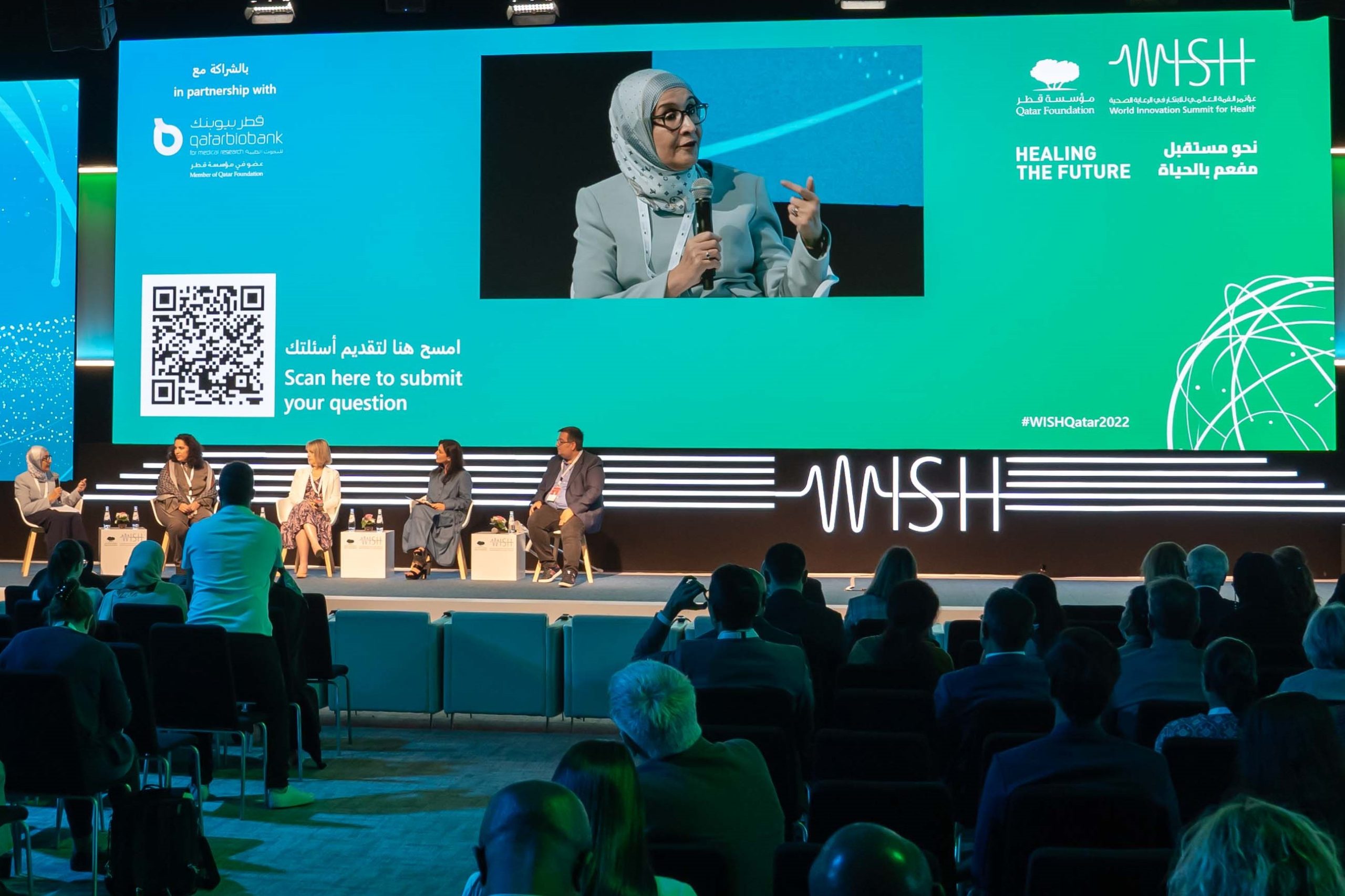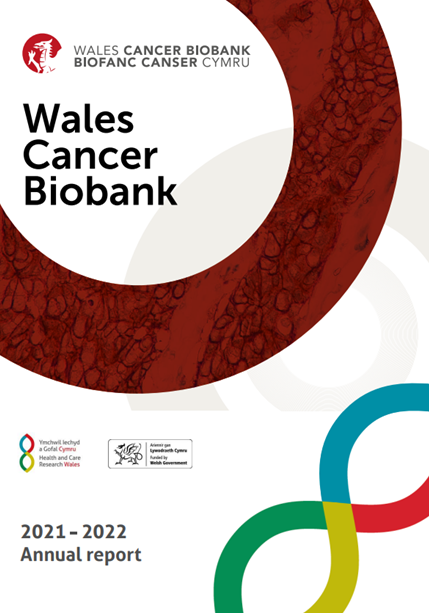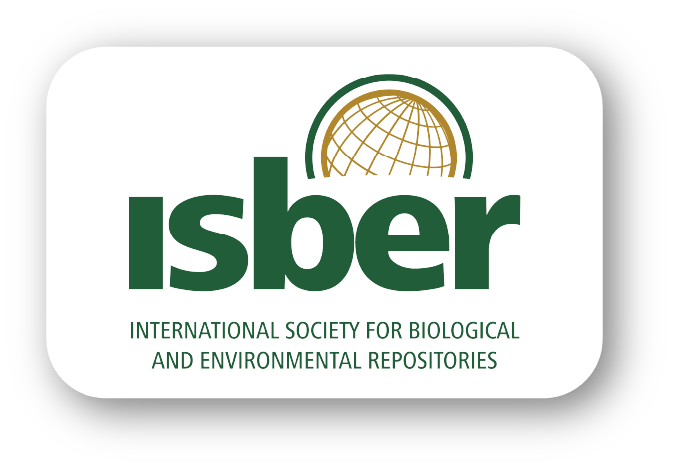Creating a Realistic Platform to Investigate Breast Cancer - Dr Naledi Formosa
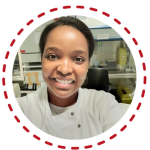 Development of a novel lung-on-a-chip platform to investigate breast cancer metastasis
Development of a novel lung-on-a-chip platform to investigate breast cancer metastasis
Breast cancer is the most common cancer in women, and whilst knowledge and treatments are improving, it’s still not fully understood how breast cancer cells are able to spread around the body, or ‘metastasise’. Often, this can be into the lungs, which can be extremely difficult to treat and sadly for many women, proves fatal. At present, models that study the spread of breast cancer include animals that don’t faithfully represent the human disease or cells grown in petri-dishes in 2D which doesn’t reflect cells in the body in a 3D environment. As a result, these models are either too complex to unravel the step-by-step changes or limited by their lack of complexity. My research aims to create a 3D model of a lung using a system that combines biology, instrumentation and software apps. This technology will allow us to realistically recreate both the mechanical and biological sides of metastasis, taking us a step closer to a greater understanding of how this disease works, and how to prevent it. By developing a more realistic cancer model, we will learn more about why breast cancer spreads to the lungs and other parts of the body. This could help accelerate the development of new drugs and help NHS design personalised care plans for patients with secondary breast cancer.
The Human Emulation System is an integrated platform that combines biology (Organ-chip), instrumentation, and software apps. The integrated software apps provide users with an application to help plan, execute, and manage experiments with the system. Emulate's state-of-the-art organ-chip platform will be used for fundamental research and possibly as part of a drug discovery pipeline. Thus, this system provides a robust, well characterised, and reliable platform on which to develop new organ models of the researchers choosing. The system allows for the use of commercially ready-to-use Organ-chips technology for more translational research. Therefore, this lung-on-chip preliminary data would help support further research to complete proof-of-concept experiments to validate the idea. Making it possible to develop a prototype/protocol for testing outwit our lab using patient tissue. Such as system can help in the advancement of breast cancer research and biomarker identification.
The Human Emulation System is a versatile microfluidics system that can be used to adapt to any cancer tissue, which can be used as a platform for translational opportunity. The system can generate the vacuum required to apply organ-chip stretching and flow rate similar to what is seen in the human lungs when breathing. Moreover, this system could be used to develop a service for drug testing. Microfluidic tools hold great promise in cancer diagnosis. Studies have demonstrated that it serves as an emerging tool for understanding the biology of cancer and the detection of cancer cells. Identified biomarkers could help provide appropriate testing (i.e., in cancer research, diagnosis, and therapy) that allows early-stage interventions, reducing late-stage healthcare expenditure in cancer patients and the NHS.
Can a simple blood test help our doctors find the best cancer treatment for us?
Wales Cancer Biobank has recently been supporting an exciting new study, developed by researchers from the All Wales Medical Genomics Service (AWMGS) and leading oncologists in Wales.
Circulating tumour DNA (ctDNA) is found in our bloodstream and refers to DNA that comes from cancerous cells within tumours. As a tumour grows, cells die and DNA is released into the bloodstream. The quantity of ctDNA varies among individuals and depends on the type of tumour, its location, and the cancer stage.
ctDNA is already being used as a biomarker for screening cancer patients, for monitoring cancer recurrence, and for finding mutations that may be present within the tumour. Some patients in Wales are benefiting from this expertise, allowing their doctors to get a snapshot of the cancer without an invasive biopsy. The technology is currently limited however – only detecting a small number of mutations.
Rhian White and Sian Morgan from AWMGS, and Dr Magda Meissner, a Velindre Cancer Centre-based Medical Oncologist were awarded a unique opportunity to collaborate with the respected commercial company, Illumina. Together, they would work towards developing an ‘in-house’ ctDNA diagnostic test focusing on a 500 gene panel – the first in the UK!
Wales Cancer Biobank supplied blood samples to the research team so the innovative technology could be tested. This first phase of the study enabled the research team to expand the project and, with an extensive grant from Health and Care Research Wales, patients are now being recruited directly from lung clinics in Aneurin Bevan university health board - with imminent plans for the study to roll out across all Health Boards across Wales.
The Genomic results from the ctDNA blood test are made available to the weekly lung cancer multidisciplinary team meeting (MDT), where cancer diagnosis and treatment decisions are made. Patients will then receive personalised treatment after the MDT without having to wait for the genomic report from a tissue biopsy.
Dr Meissner and the team at AWMGS aim to shorten the time from referral to the start of treatment for lung cancer patients. Allowing doctors to select appropriate, personalised and timely treatments – without the need for patients to undergo risky and intrusive biopsies.
Wales Cancer Biobank participation in the World Innovation Summit for Health (WISH) in Qatar
In October 2022, the WCB’s Operations Director Dr Alison Parry-Jones took part in a panel discussion at the World Innovation Summit for Health (WISH) in Qatar. In her role as President Elect for ISBER*, she was invited, along with the President of ESBB, a representative of BBMRI-ERIC and the Head of Laboratory Services and Biobank Group at the International Agency for Research on Cancer at the World Health Organization, to join the Director of the Qatar Biobank to discuss the key role of biobanks. The panel discussion, ‘Fulfilling the Promise of Precision Medicine: The Essential Role of Biobanks’ provided a lively conversation around how biobanks fitted into precision medicine, what the impact is of having well curated, professionally run bioresources as well as an update on the activity of the Qatar biobank from its Director, Professor Nahla Afifi.
Across the three days of events, over 1400 in person delegates (and many more virtual attendees) heard talks and panel discussions from 200 speakers from around the world, including Sir Mo Farah speaking about sport and impact on mental health.
After the panel discussion, Professor Afifi generously gave the panel members a tour around the Qatar Biobank.
About WISH
Since its inception in 2012, WISH has brought together thousands of the world’s healthcare pioneers to its global gathering, both physical and in-person.
The mission of WISH is to forge connections and help build action-oriented communities that work together to address the most pressing global health challenges. The objective is to gather the world’s leading experts and decision makers, and work with them to create and disseminate world-class, evidence-based content. They promote active learning and support within and between communities, to contribute to the vision and mission of Qatar Foundation for Education, Science and Community Development and Qatar National Vision 2030. WISH explores opportunities and collaborate across the diverse and dynamic healthcare sectors to influence healthcare policy globally.
*International Society for Biological and Environmental Repositories www.isber.org
Understanding COVID immunity in cancer patients
The first dose of COVID-19 vaccine was offered to cancer patients at Velindre Cancer Centre in January 2021. Since cancer, and cancer treatments, can impact negatively on the immune system, it wasn't known how vaccination would affect immune responses in cancer patients. To try and determine whether vaccinated cancer patients are at increased risk of developing serious COVID-19-related illness, compared to people without cancer, it was important to test antibodies produced by the SARS-CoV-2 vaccine. The study was extremely popular with patients who were keen to know whether vaccine-induced immunity towards COVID-19 was adversely affected by their cancer diagnosis and their cancer treatment.
Prof. Awen Gallimore and her team of researchers at Cardiff University School of Medicine, with funding from several vital sources, gathered to collect and process the samples; with tests developed by a local biotech company, Immunoserv being used to measure responses. Further collaboration between Wales Cancer Biobank clinical teams, consultants, nurses and laboratory staff ensured that patients were fully informed, consented, vaccinated and blood samples taken at a number of defined time points during weekend clinics at Velindre Cancer Centre.
Results of the study revealed a delay in the generation of COVID immunity in cancer patients. However, for most patients, a second dose was enough to boost immune responses. Responses also declined at a faster rate in cancer patients indicating the importance of measuring immunity in order to identify patients in greater need of further vaccination.
The study is ongoing and all the data is being used to understand the impact of vaccinations on cancer and cancer treatments. We hope these findings will aid the design of future vaccination strategies.
If you'd like to view the full published study please click here.
WCB Director elected to prestigious role in worldwide biobanking
Introducing ISBER President Elect -Dr Alison Parry-Jones
We are extremely proud to announce that our very own Operations Director, Dr Alison Parry-Jones has recently been voted as the incoming President Elect of the International Society of Biological and Environmental Repositories (ISBER).
Alison has been the Director at large for Europe, the Middle East and Africa for the last couple of years and will take up her new role at the ISBER annual conference in Atlanta, USA in May this year.
ISBER is a global biobanking organization that creates opportunities for networking, education, and innovation. ISBER provides a community for harmonizing approaches to emerging challenges in repositories, as well as fostering ideas to create new solutions.
Key elements of ISBER’s activities include: creating educational and training opportunities; providing a forum for the dissemination of state-of-the-art policies, processes, and research findings; and showcasing innovative technologies, products, and services.
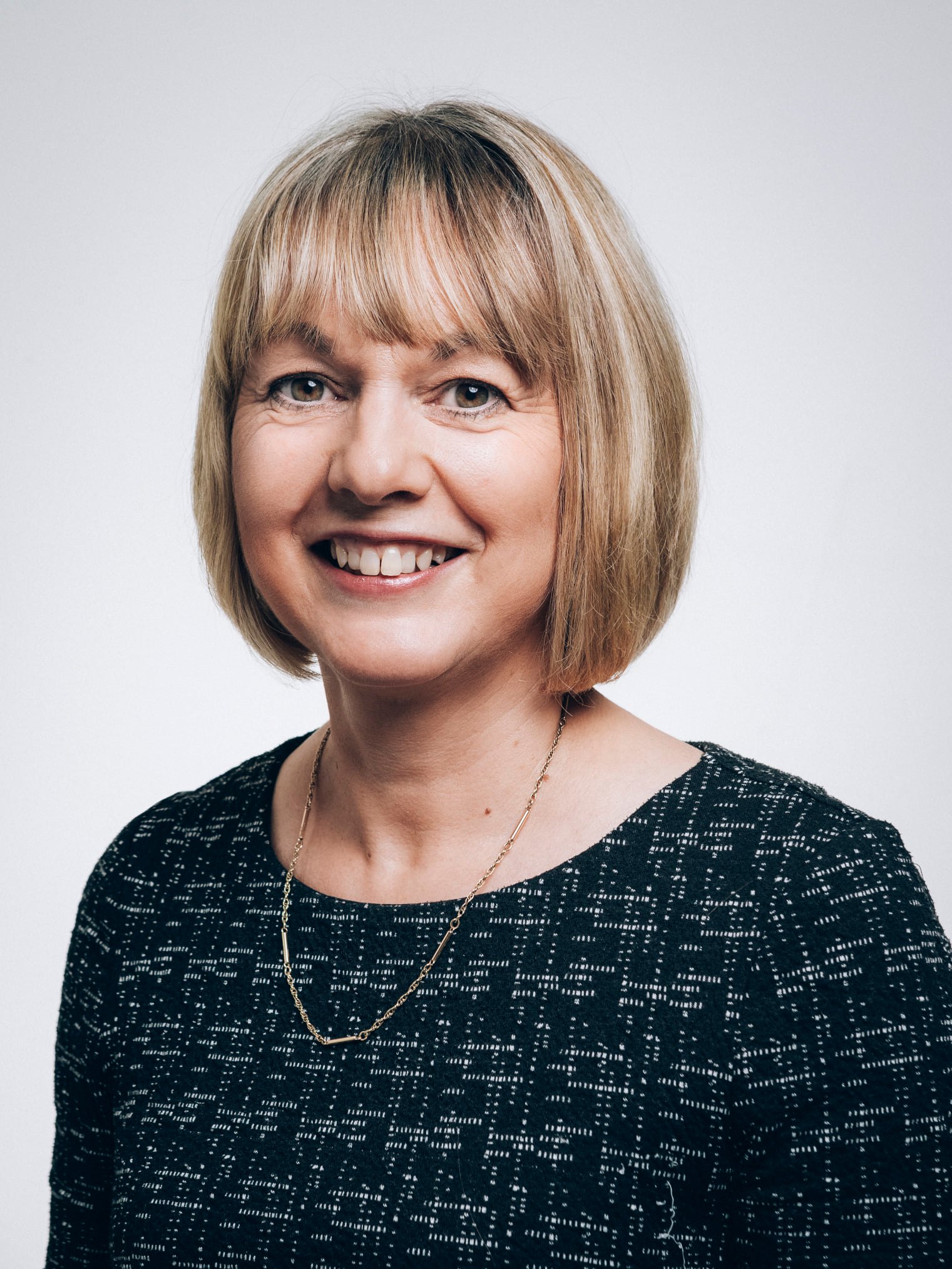
ISBER 2022 ANNUAL MEETING
ISBER is excited to announce the return of the in-person international biobanking conference that is ISBER’s Annual Meeting from May 17-20, 2022. Join us in Atlanta, USA, home to innovative biotechnological institutions, organizations and businesses that promote collaboration, diversity and strengthen coordination to meet both local community and global unmet needs.
Click the image below to visit the ISBER website and register for the event


